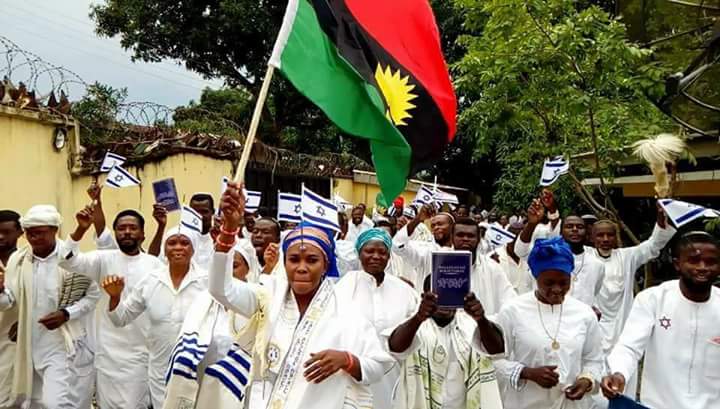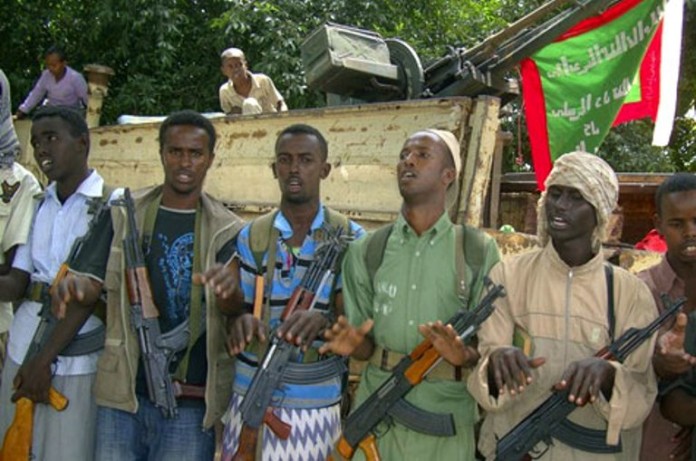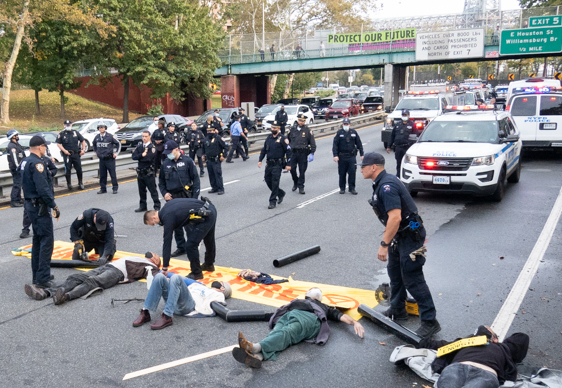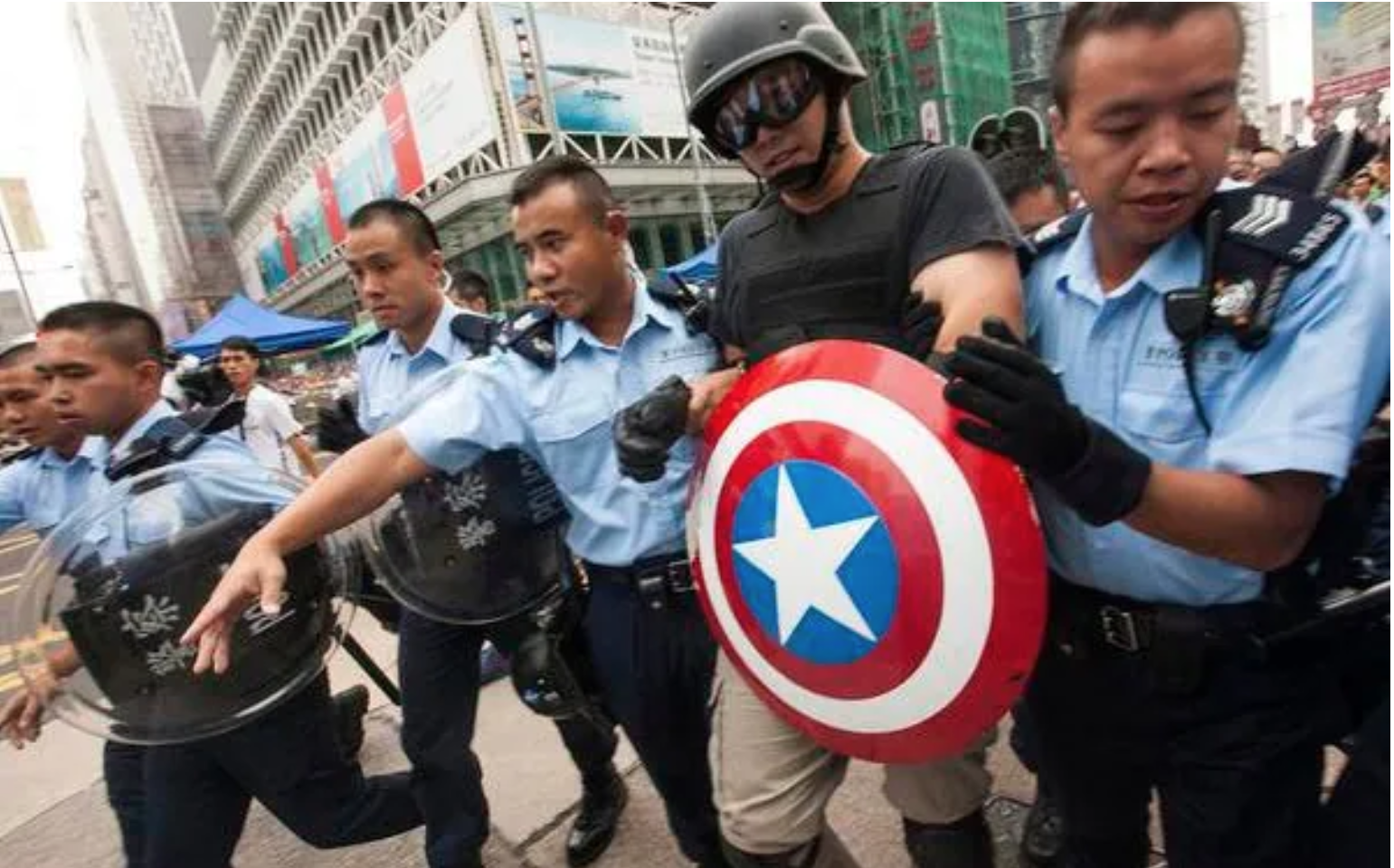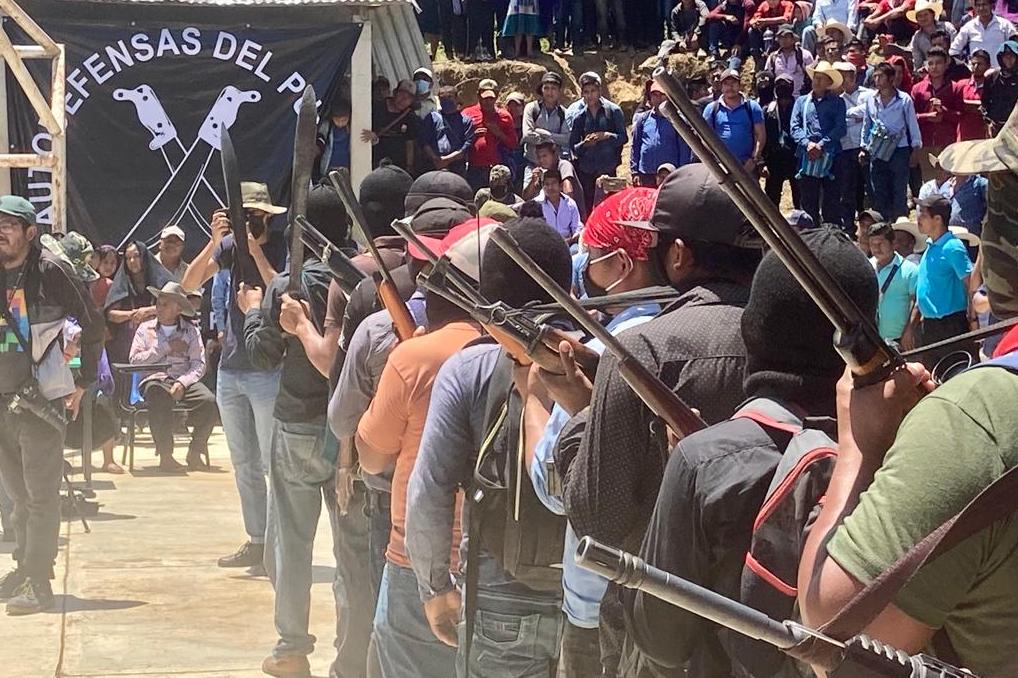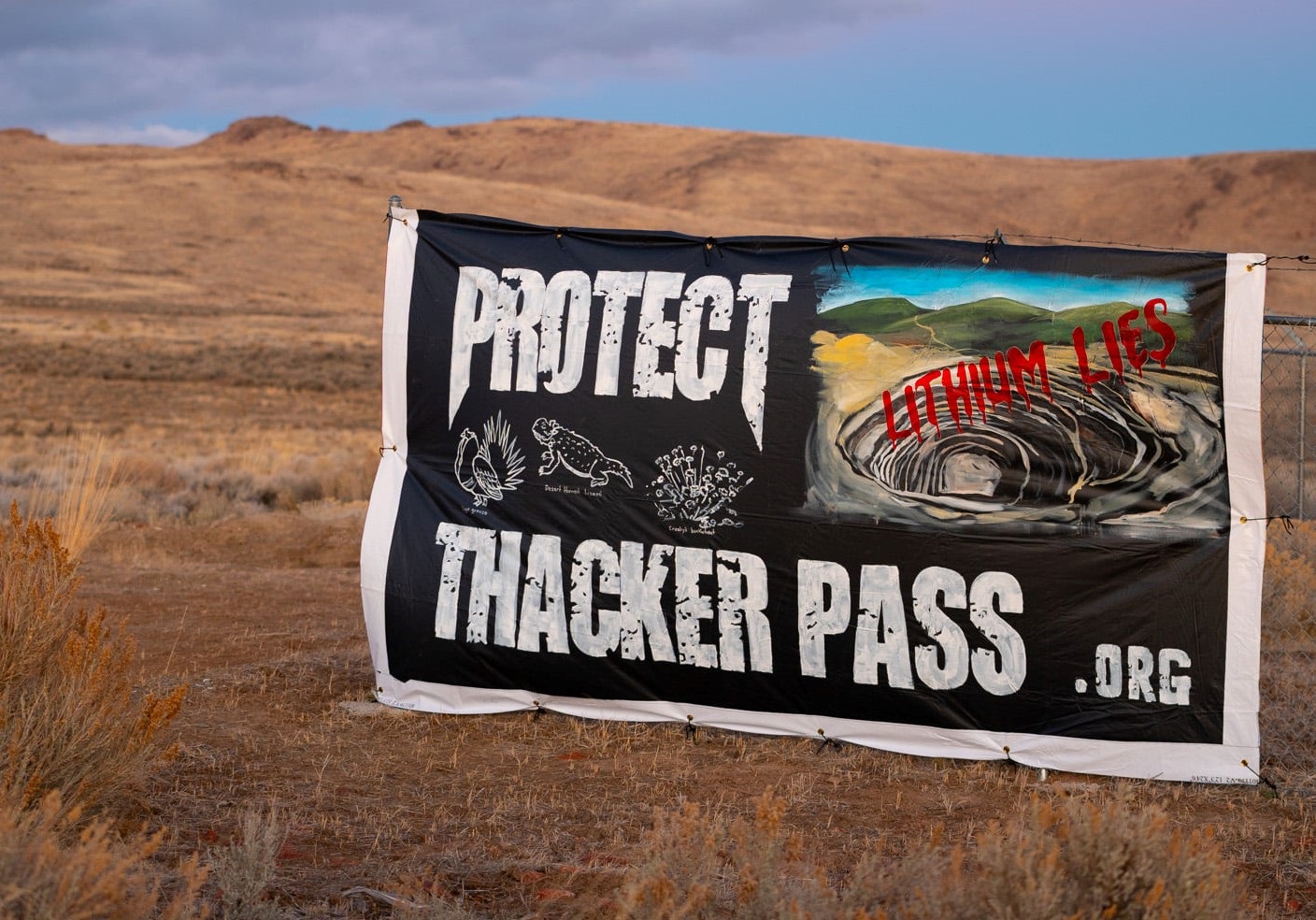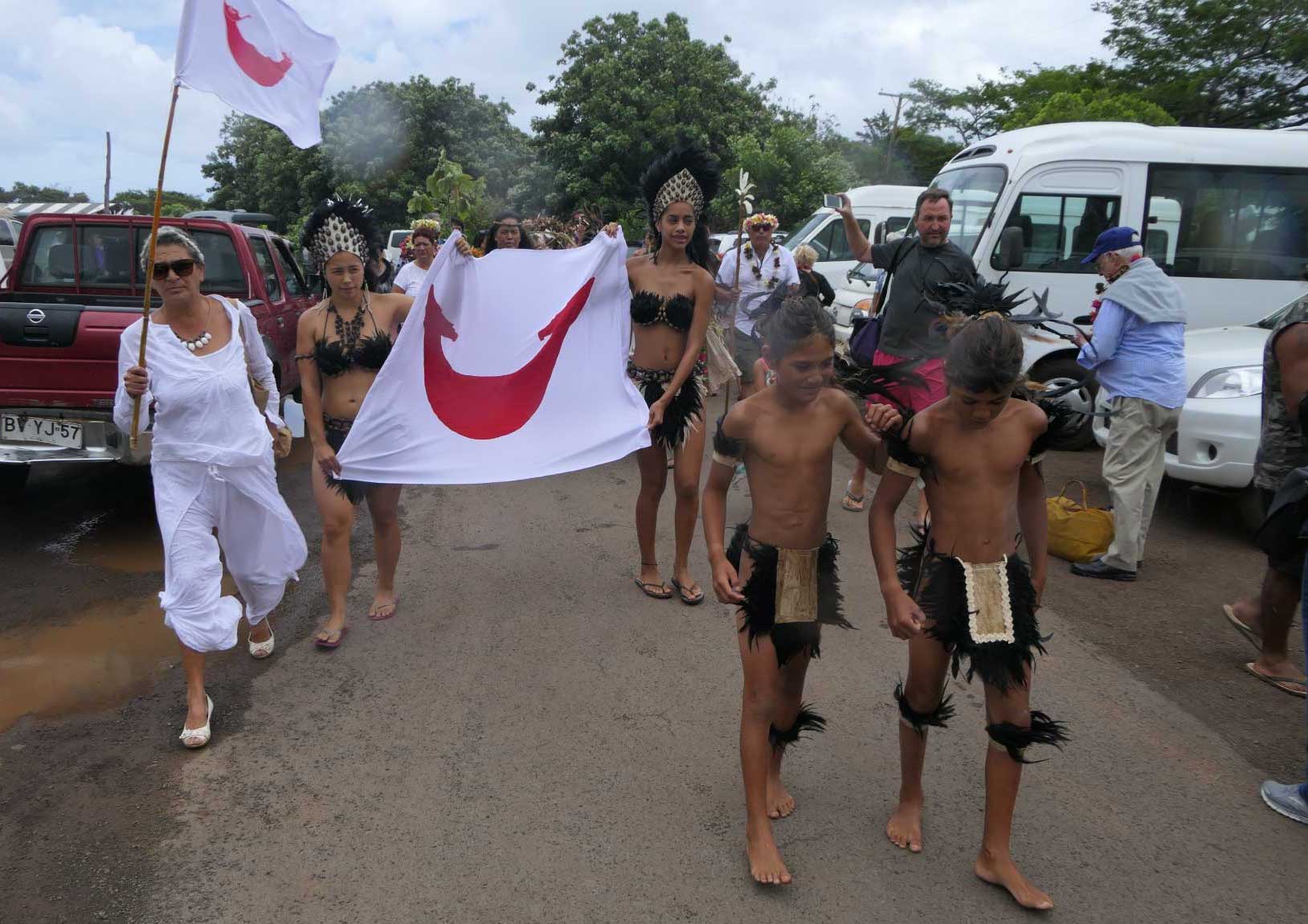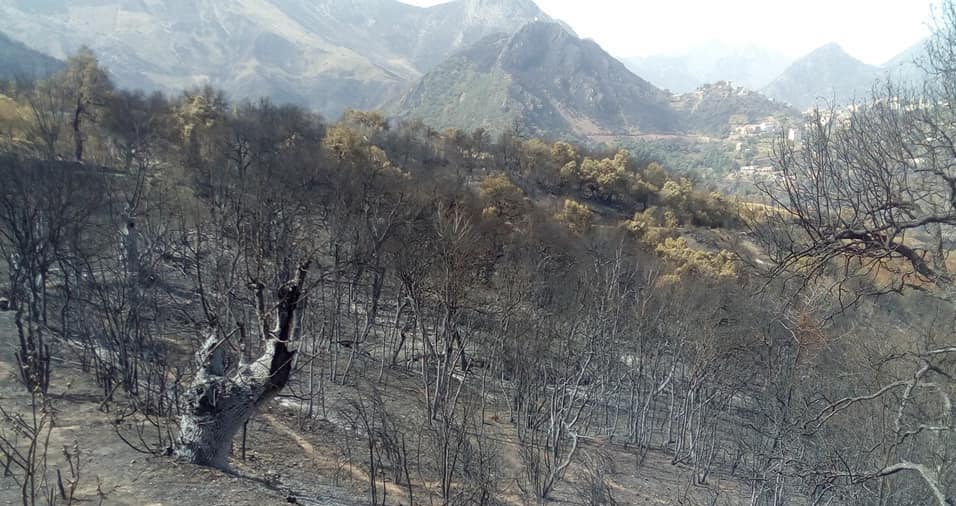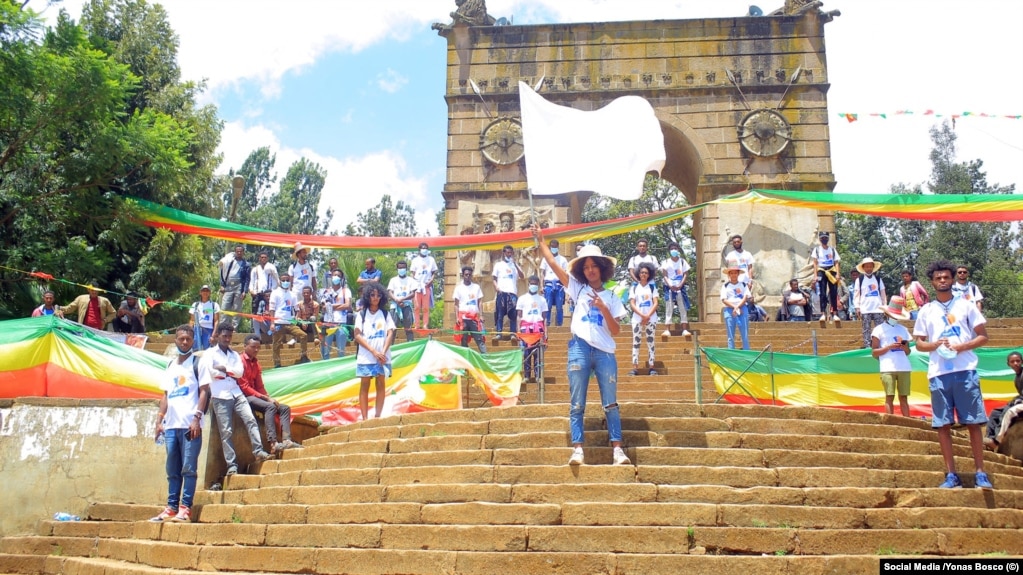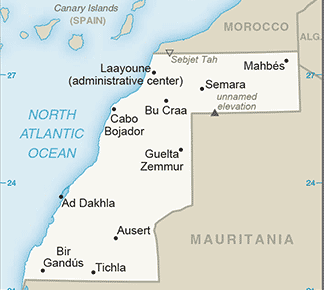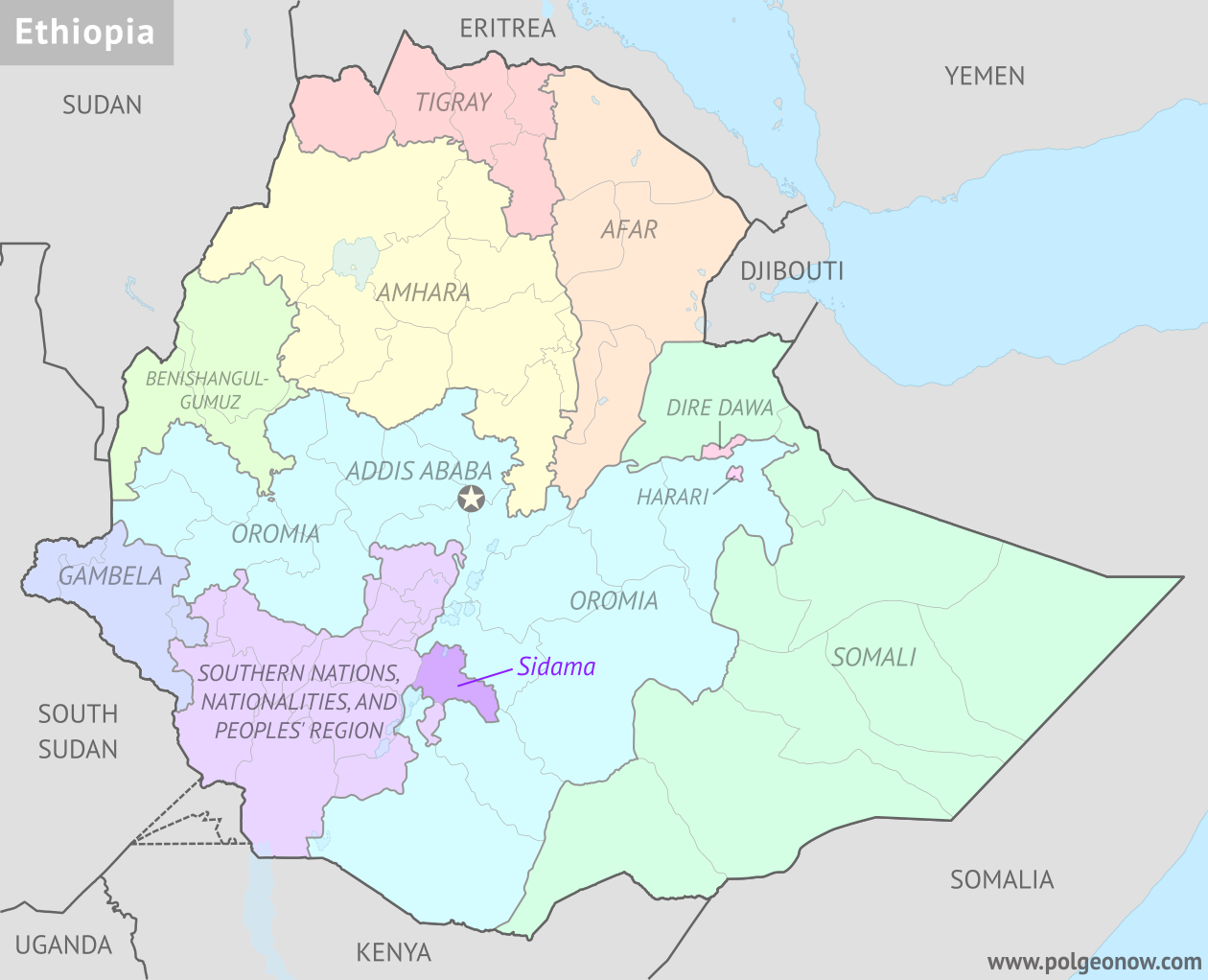
‘Crimes against humanity’ seen in Tigray conflict
A joint investigation by the independent Ethiopian Human Rights Commission (EHRC) and the UN Human Rights Office has found that there are reasonable grounds to believe that all parties to the conflict in Tigray have, to varying degrees, committed violations of international human rights, humanitarian and refugee law, some of which may amount to war crimes and crimes against humanity. In its report, the Joint Investigation Team details violations and abuses including unlawful killings and extra-judicial executions, torture, sexual and gender-based violence, and forced displacement of civilians. (Map: Political Geography Now)



